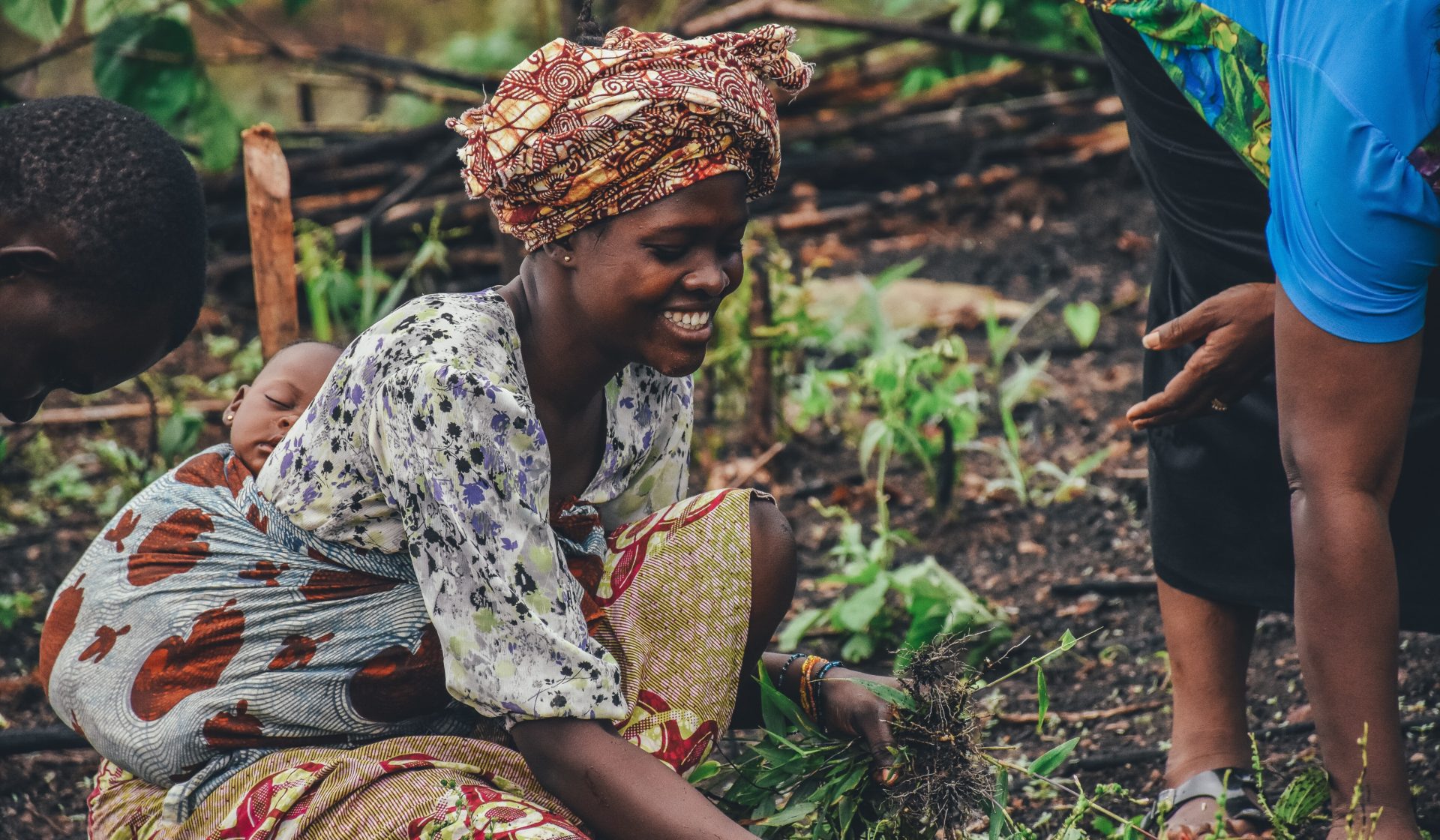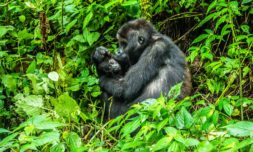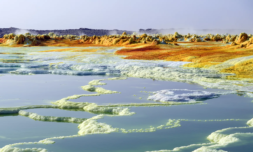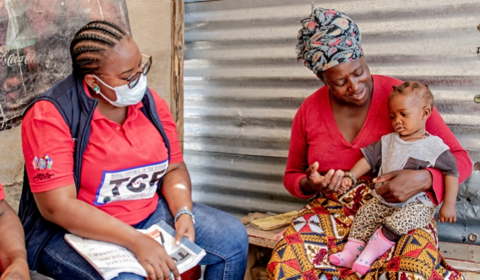Under new laws, the West African nation will allow local communities to have a direct say in whether environmentally destructive mining, farming, and industrial projects get to move forward.
In what’s being referred to as a ‘globally unprecedented’ move to protect the environment, Sierra Leone is giving local communities veto power over large-scale industrial projects from mines to factories and farms.
Not only this, but the government will have to help pay for any legal fees incurred during negotiations.
The new law, which was passed in September, allows citizens to have a direct say in whether companies can launch into any sort of development that could have long-lasting impacts on the planet or force them to relocate.
It’s a major step towards autonomy for the nation of eight million people, which remains among the world’s poorest despite having dealt with significant pillaging of natural resources (and the subsequent deforestation, landslides, and soil erosion) in recent decades.
The legislation will boost the rights of rural landowners, protecting them from whatever harm land grabs by multinational corporations used to bypassing residents may bring.
The hope is that these rules will end an extensive cycle of exploitation.
One that, according to a 2013 report commissioned by a coalition of non-profits, has seen conglomerates push through leases without locals’ consent and instead forge agreements with government officials to access the West African country’s gold, titanium, and palm oil.


Essentially, under the enshrined concept of ‘free, prior, and informed consent,’ or FPIC, companies will be unable to commence their projects unless they have the explicit permission of the people whose surroundings they would disrupt.
In addition, the new laws ban industrial development in old-growth forests and other ecologically sensitive areas.
They seek to empower women as well, by granting them equal land rights without interference or discrimination and requiring that they make up at least 30 per cent of new committees to manage communally owned territories.
‘To our knowledge, there is not a legal regime anywhere, in either hemisphere, that grants such robust rights to communities facing harm,’ said the director of Namati Sierra Leone, Sonkita Conteh, in a statement.
Looking ahead, she believes that Indigenous people and local communities worldwide should be granted this same opportunity, that they deserve better information about projects affecting their livelihoods as well as the right to veto.
‘Those who live somewhere have the greatest moral rights to be consulted and to say no,’ she continues.
‘But that right is often not recognized in law.’

















